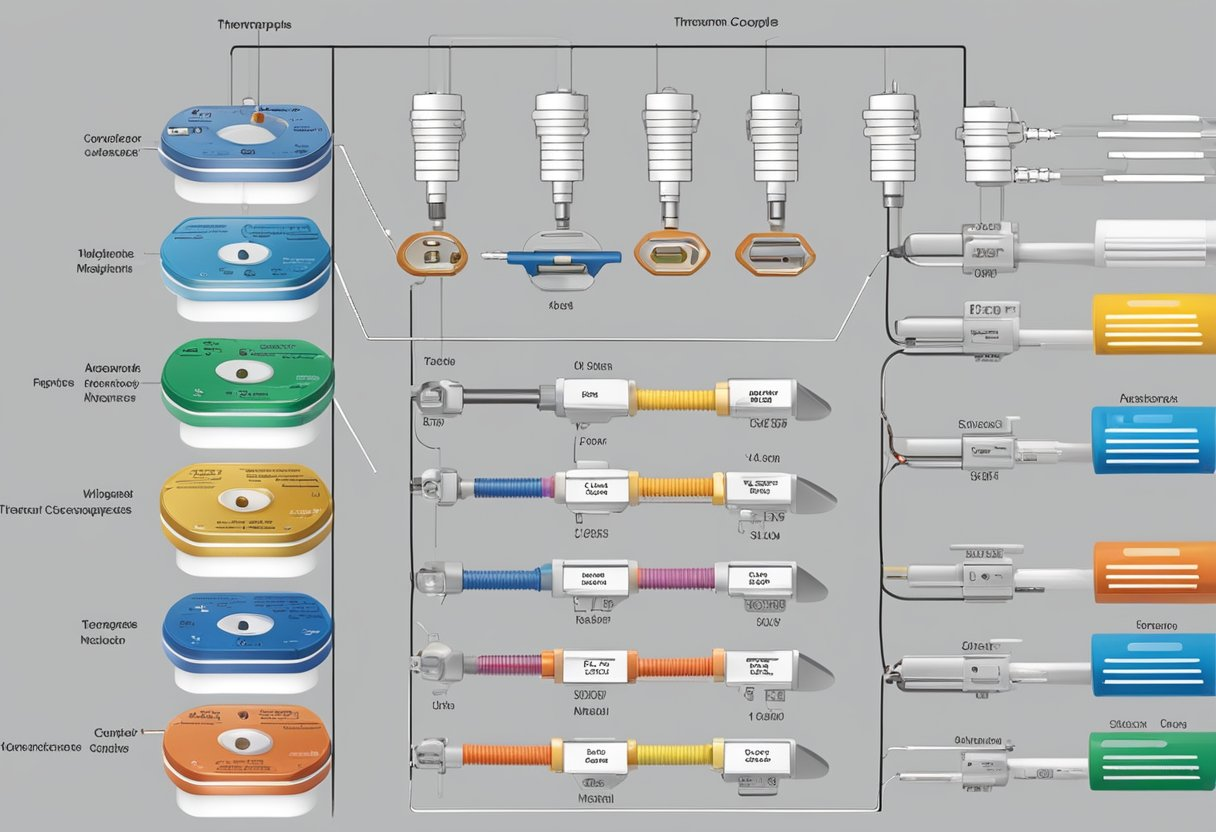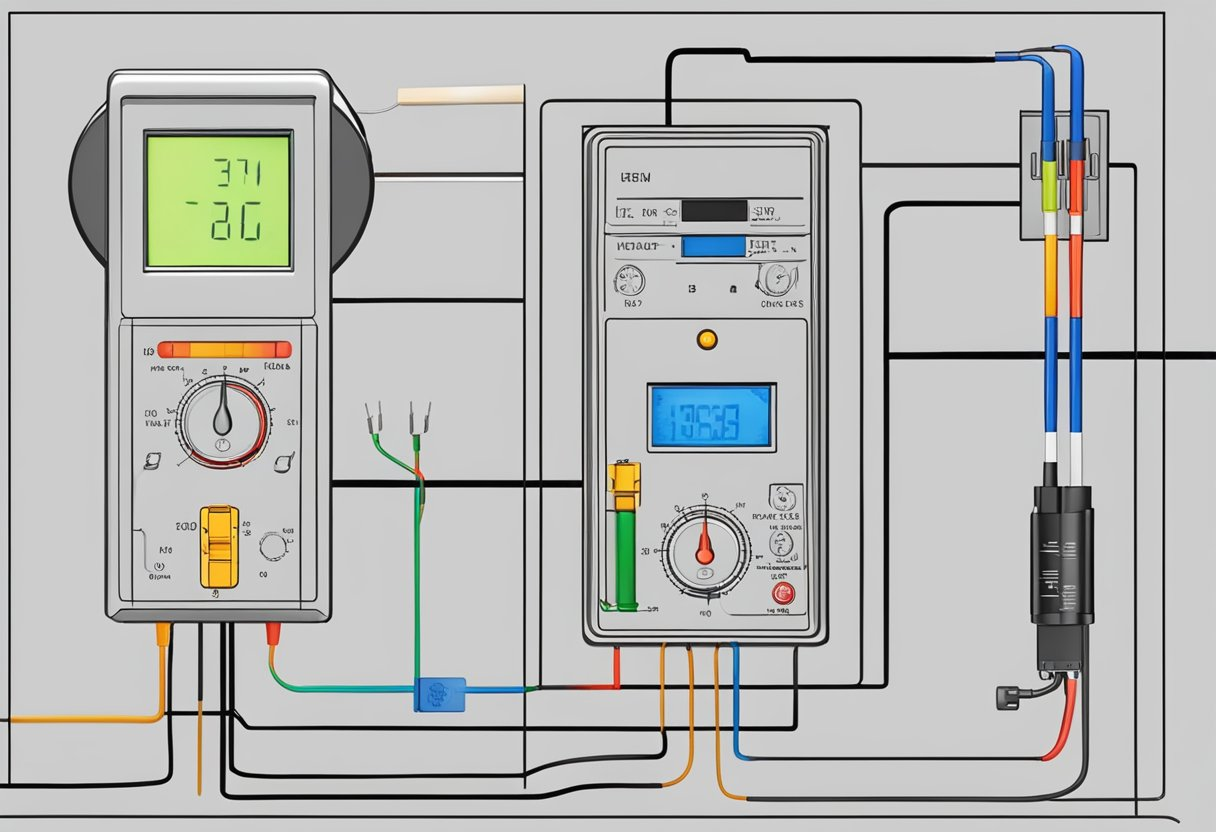Floating Sensor: The Next Evolution in Data Collection
Abstract:
In this article, we will explore the revolutionary technology of floating sensors and how they are transforming data collection. From their inception to their applications in various industries, we will delve into the benefits and challenges of utilizing these cutting-edge devices. Join us on this exciting journey as we unravel the potential of floating sensors and their impact in the digital era.
Table of Contents:
1. Introduction
2. Understanding Floating Sensors
3. Applications in Environmental Monitoring
4. Enhancing Industrial Processes with Floating Sensors
5. The Role of Floating Sensors in Smart Cities
6. Overcoming Challenges and Future Innovations
7. Conclusion
1. Introduction
In today’s rapidly advancing digital landscape, data collection plays a vital role in gaining insights and making informed decisions. With the advent of floating sensors, a new era of data collection is upon us. These innovative devices offer a unique solution for monitoring and gathering information in diverse environments. Let’s embark on a journey to discover the immense potential of floating sensors and their impact across industries.
2. Understanding Floating Sensors
Floating sensors, as the name suggests, are small, wireless devices designed to collect data while floating on various surfaces such as water bodies or liquids. Equipped with advanced technologies, these sensors are capable of measuring and transmitting a wide range of parameters, including temperature, pH levels, humidity, and even air quality. With their ability to operate autonomously, floating sensors have revolutionized data collection in challenging environments.
3. Applications in Environmental Monitoring
One of the key areas where floating sensors have made significant contributions is environmental monitoring. Whether it’s assessing water quality in lakes and rivers or monitoring marine ecosystems, these devices provide real-time data that enables researchers and environmentalists to make informed decisions. By constantly collecting data on temperature, dissolved oxygen levels, and pollutant concentrations, floating sensors contribute to the conservation and preservation of our natural resources.
4. Enhancing Industrial Processes with Floating Sensors
Beyond environmental monitoring, floating sensors have found their place in optimizing industrial processes. From manufacturing plants to oil refineries, these devices offer valuable insights into operational efficiency, preventive maintenance, and even safety protocols. By continuously monitoring parameters such as pressure, vibration, or chemical concentrations, floating sensors enable businesses to achieve greater productivity and minimize downtime.
5. The Role of Floating Sensors in Smart Cities
In the era of smart cities, floating sensors play a crucial role in creating sustainable urban environments. These devices can be deployed in urban water systems to monitor water quality, detect leaks, and optimize resource management. Additionally, floating sensors integrated with other IoT devices enable efficient traffic management, air quality monitoring, and even waste management systems. Their real-time data collection capabilities empower city planners to make data-driven decisions for a better future.
6. Overcoming Challenges and Future Innovations
While floating sensors offer immense potential, they are not without challenges. Factors such as battery life, connectivity, and data security need to be addressed for widespread adoption. However, ongoing research and development are continually improving these devices. Future innovations may include advancements in energy harvesting, enhanced communication protocols, and the integration of artificial intelligence, further expanding the capabilities of floating sensors.
7. Conclusion
In conclusion, floating sensors have emerged as a game-changer in the realm of data collection. Their ability to operate in challenging environments and provide real-time, accurate information is transforming industries and revolutionizing decision-making processes. As we move forward into a digital age driven by data, the utilization of floating sensors will undoubtedly continue to grow, unlocking new possibilities and shaping a more connected and sustainable world.
Keywords: floating sensor, data collection, environmental monitoring, industrial processes, smart cities

The Rise of Smart Home Temperature Sensors: Chinese Manufacturers Leading the Future of Home Automation
The integration of smart home technology has transformed daily living, making homes more efficient and responsive. As consumers increasingly seek comfort and convenience, smart home temperature sensors have emerged as




